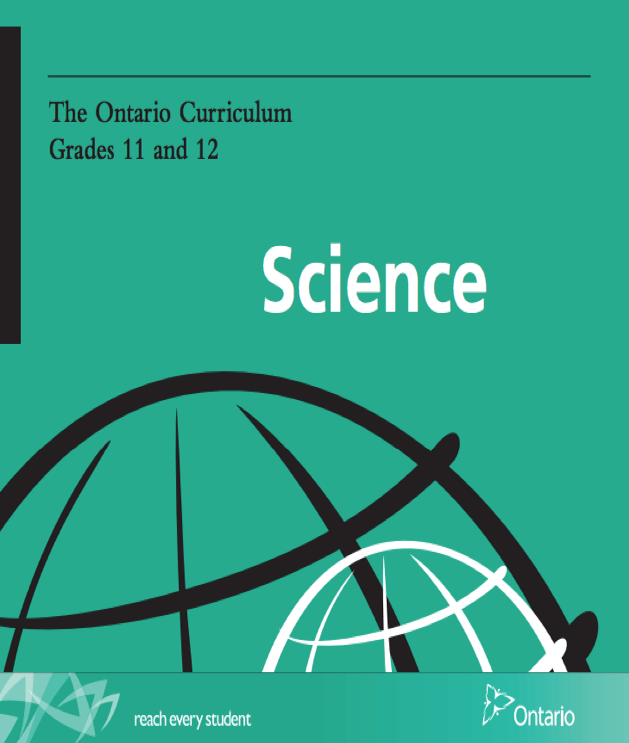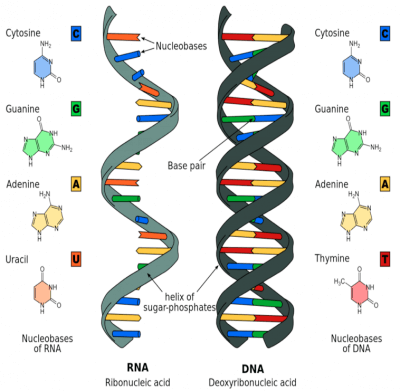Grade 12 Biology
Overview of Grade 12 Biology
Grade 12 Biology allows students to delve deeply into the concepts and processes of biological systems. Through theoretical study and practical investigations, students explore biochemistry, metabolic processes, molecular genetics, homeostasis, and population dynamics. Grade 12 Biology emphasizes acquiring detailed knowledge and honing skills essential for further studies in diverse life sciences and related disciplines.
Prerequisite: Grade 11 Biology, University Preparation
Further information about this course can be found at the Ontario Ministry of Education Website: http://www.edu.gov.on.ca
York Region Tutoring urges all students to complete the past tests that we have compiled specifically from YRDSB/YCDSB school teachers. Tests in the Grade 12 maths and sciences tend to follow a very strict layout, and so completing them will give students the opportunity to assess their strengths and weaknesses as well as direct their attention to topics that require more attention. Completing past tests also allows students to approach school evaluations with more confidence as they are familiarized with the organization of the test & general nature of questions asked. *Please note: while there are clear trends in the types of questions asked on tests, it is not guaranteed that past test questions will map perfectly onto school evaluations, since test-making is ultimately a subjective endeavor, meaning teachers can and do exercise their creative liberties when writing tests.
Ontario Curriculum Breakdown - Grade 12 Biology (SBI4U)

- Technological applications that affect biological processes and cellular functions are used in the food, pharmaceutical, and medical industries.
- Biological molecules and their chemical properties affect cellular processes and biochemical reactions.
- Biochemical compounds play important structural and functional roles in cells of all living organisms.
- All metabolic processes involve chemical changes and energy conversions.
- An understanding of metabolic processes enables people to make informed choices with respect to a range of personal, societal, and environmental issues.
- DNA contains all the genetic information for any living organism.
- Proteins control a wide variety of cellular processes.
- Genetic research and biotechnology have social, legal, and ethical implications.
- Organisms have strict limits on the internal conditions that they can tolerate.
- Systems that maintain homeostasis rely on feedback mechanisms. Environmental factors can affect homeostasis.
- Population growth follows predictable patterns.
- The increased consumption of resources and production of waste associated with population growth result in specific stresses that affect Earth’s sustainability.
- Technological developments can contribute to or help offset the ecological footprint associated with population growth and the consumption of natural resources.
York Region Tutoring Provides
If a student is approaching a forthcoming test, we can provide them with a previous test to be completed at home before their upcoming session. Subsequently, during their next class, just before the exam, they can review the test with their tutor. These tests are exclusively sourced from high schools in York Region and other areas in Ontario, serving as the definitive benchmark for students to assess their readiness.
York Region Tutors and are equipped with drawing tablets making collaboration simple, efficient and effective. We also offer drawing tablets at a discount for purchase to students who really take to the functionality of the product.
At the parents’ request, following each tutoring session, our tutors can assign homework tailored to address weaknesses and reinforce strengths in students. Additionally, we incorporate homework questions directly extracted from previous tests and quizzes administered by YRDSB school teachers, allowing students to familiarize themselves with potential test questions.

